|
This is the moment that epidemiologists have been training for. A global pandemic – no longer the preserve of disaster films, but a grim reality that has people confined to their homes and glued to their screens. Behind every government announcement, thousands of experts are working day and night to stay one step ahead of the outbreak. But how are they able to track and predict the spread of the virus? Christian Yates reveals how he and other mathematical biologists do it.
Meanwhile, chloroquine has come to the fore of discussions around COVID-19 in the US after President Donald Trump suggested it could be used to effectively treat the virus. Katherine Seley-Radtke examines this claim and sets out the facts about chloroquine.
|

MarcoVector/Shutterstock
Christian Yates, University of Bath
Behind every government announcement, there is an army of epidemiologists predicting how the virus will spread, and how to beat it.
|

An employee in Nantong, China, checks the production of chloroquine phosphate, an old drug for the treatment of malaria.
Feature China/Barcroft Media via Getty Images
Katherine Seley-Radtke, University of Maryland, Baltimore County
A medicinal chemist addresses questions about chloroquine and hydroxychloroquine: what it is, whether it is effective against COVID-19 and whether it can treat and/or prevent this disease.
|
COVID-19
|
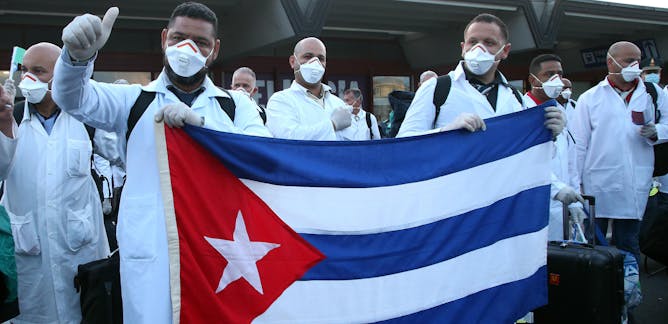
Stéphanie Panichelli-Batalla, University of Warwick
Cuba stresses its programme to send doctors abroad is based in solidarity. But there are diplomatic and economic reasons too.
| |
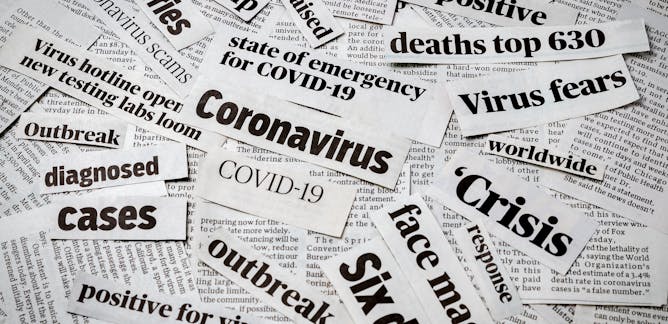
George Ogola, University of Central Lancashire
The media is regurgitating an international narrative that may not be fit for localised purpose.
|
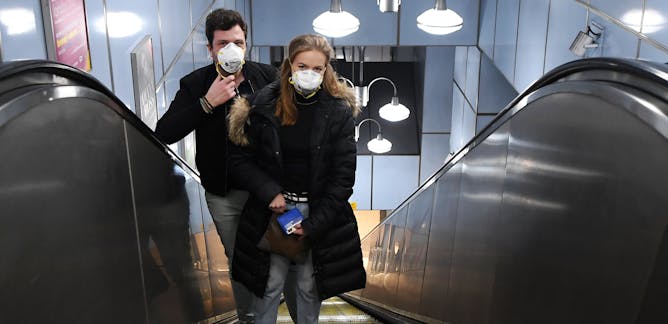
Patricia Riddell, University of Reading
How we construct our beliefs about the world shape how we react to it.
| |
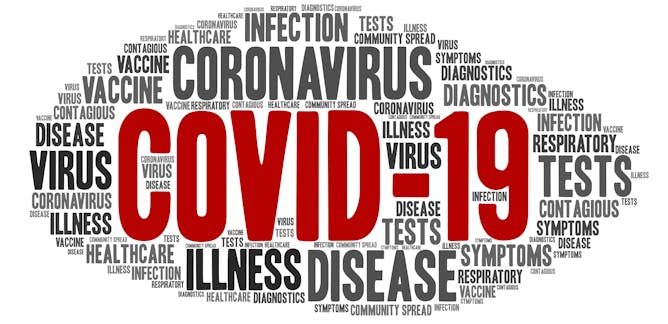
Ozayr Patel, The Conversation
Initiatives to develop a vaccine for COVID-19 are under way. But how far away are they?
|
|
|
Arts, Culture and Society
|
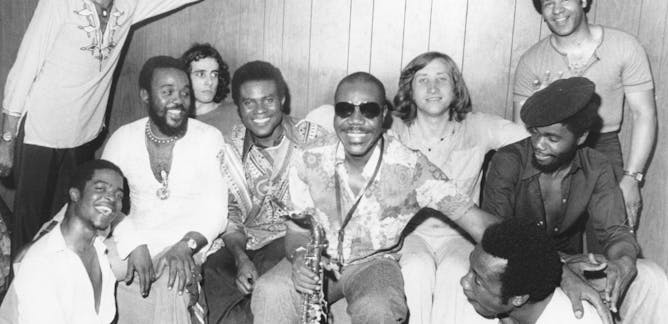
Francis Nyamnjoh, University of Cape Town
One of the greatest artists ever to emerge from Cameroon had a fraught relationship with his homeland – but because of it touched all corners of Africa and the world.
| |
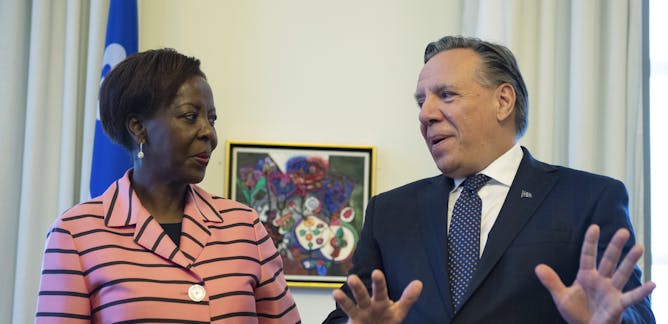
Patrick Lacroix, Acadia University
On the month of the Francophonie's 50th anniversary, it's time to think about the untold story of French connections across the Canada-U.S. border
|
|
|
Politics
|
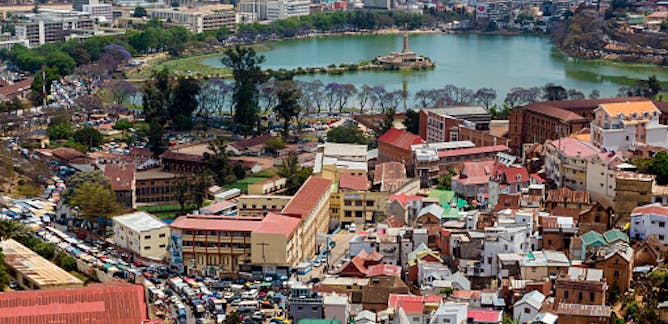
Andriamiranto Raveloson, University of the Witwatersrand
A group of scientists studying Madagascar's natural treasures also wanted to respect the island's language.
| |
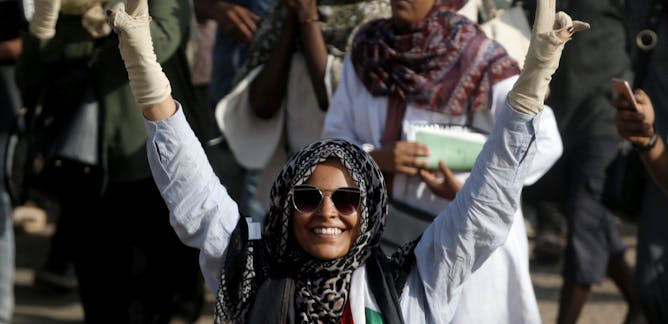
Stephen Zunes, University of San Francisco
Remaining nonviolent despite enormous provocation made it difficult for the regime to depict the movement in a negative light
|
|
|
En español
|

Sandro Meloni, Instituto de Física Interdisciplinar y Sistemas Complejos (UIB-CSIC)
Los virus y las bacterias pueden cubrir distancias enormes en días o semanas, dejando muy poco tiempo a las autoridades para intentar contenerlos.
| |
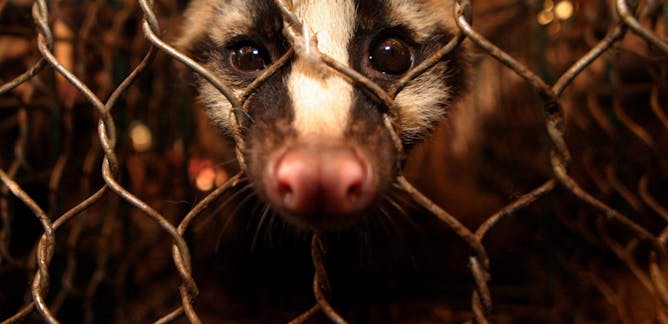
Simon Evans, Anglia Ruskin University
Antes una cuestión meramente conservacionista, ahora también se considera una amenaza para la bioseguridad, la salud pública y la economía.
|
|
|